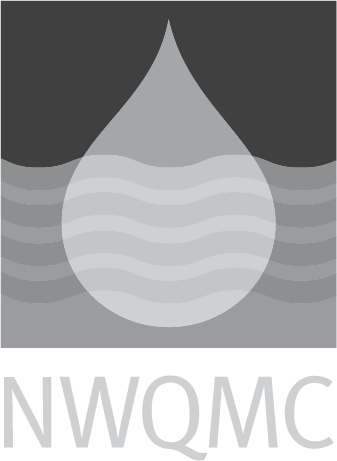USGS-NAWQA: seawaveQ
|
Title
| seawaveQ: an R package providing a model and utilities for analyzing trends in chemical concentrations in streams with a seasonal wave (seawave) and adjustment for streamflow (Q) and other ancillary variables |
|---|---|
|
Author
| Ryberg, Karen R.; Vecchia, Aldo V. |
|
Abstract/Summary Statement
| The seawaveQ R package fits a parametric regression model (seawaveQ) to pesticide concentration data from streamwater samples to assess variability and trends. The model incorporates the strong seasonality and high degree of censoring common in pesticide data and users can incorporate numerous ancillary variables, such as streamflow anomalies. The model is fitted to pesticide data using maximum likelihood methods for censored data and is robust in terms of pesticide, stream location, and degree of censoring of the concentration data. This R package standardizes this methodology for trend analysis, documents the code, and provides help and tutorial information, as well as providing additional utility functions for plotting pesticide and other chemical concentration data. |
|
Table of Contents
| Abstract Introduction Description of the seawaveQ Package Statistical Methodology Summary Disclaimer References Cited Appendixes 1–3 |
|
Citation
| Ryberg, K.R., and Vecchia, A.V., 2013, seawaveQ—An R package providing a model and utilities for analyzing trends in chemical concentrations in streams with a seasonal wave (seawave) and adjustment for streamflow (Q) and other ancillary variables: U.S. Geological Survey Open-File Report 2013–1255, 13 p., with 3 appendixes, http://dx.doi.org/10.3133/ofr20131255 |
|
Method Source
| USGS-NAWQA |
|
Source Organization Country
| USA |
|
Publication Year
| 2013 |
|
Special Notes
| electronic report only; the R package is available at http://www.r-project.org/ |
|
Item Type
| Report / Guidance Document |
|
Publication Source Type
|
Government Agency (Federal, USA) |
|
Purpose
|
Data analysis |
|
Design or Data Analysis Objectives
|
Exploring/summarizing data Flow-adjusted concentrations Interpolate concentrations Temporal trends |
|
Complexity
| High |
|
Media Emphasized
|
Surface Water |
|
Media Subcategory
| |
|
Special Topics
|




